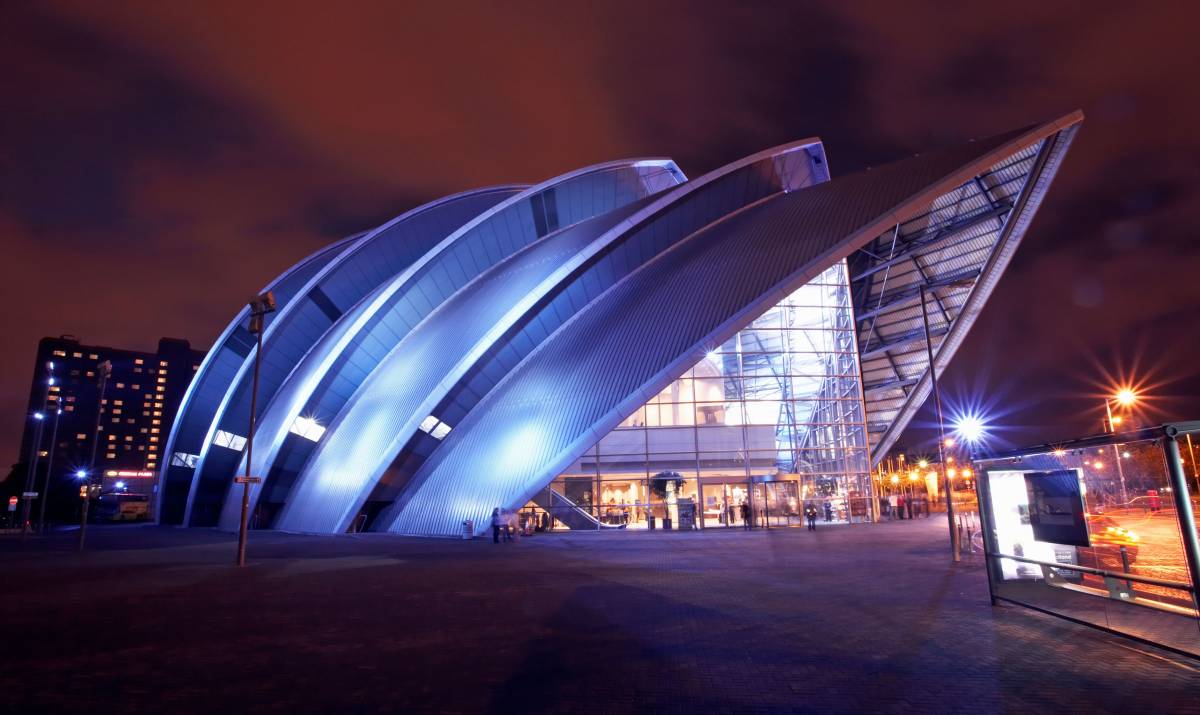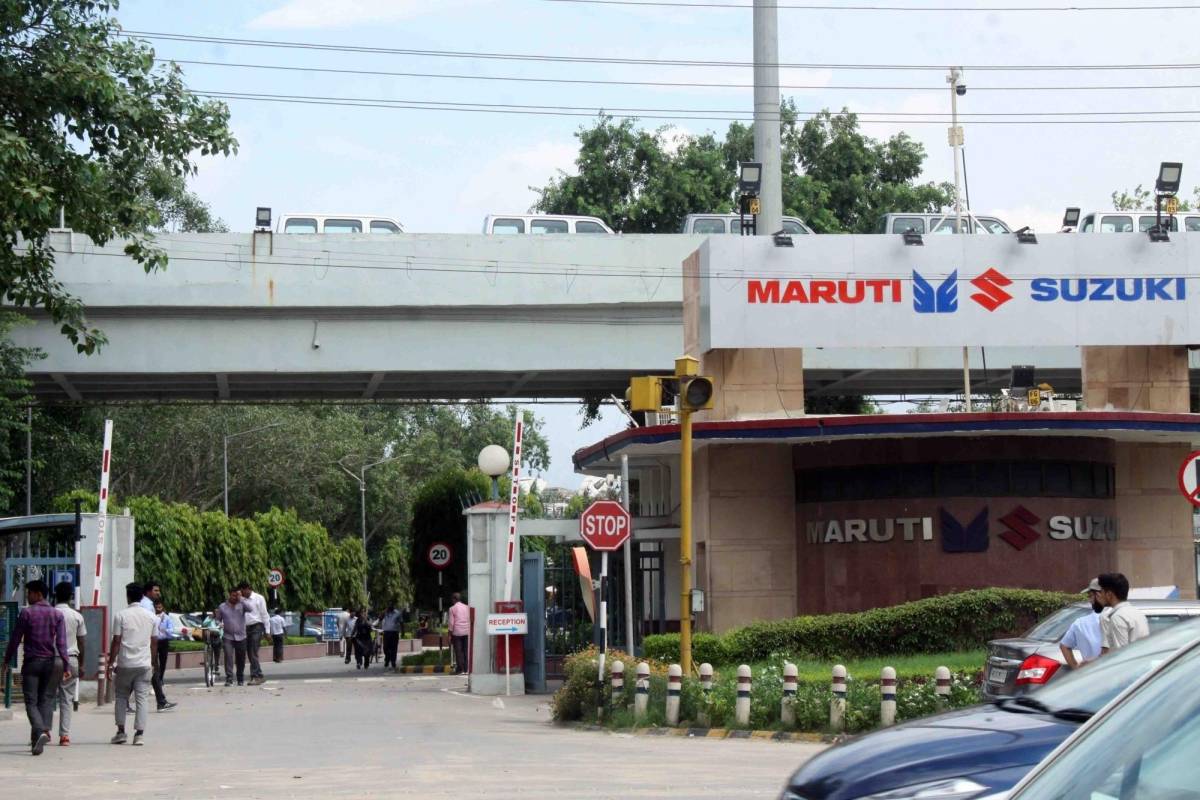Around the world storms, floods and wildfires are intensifying. Air pollution affects the health of tens of millions of people and unpredictable weather causes untold damage to homes and livelihoods too…reports VISHAL GULATI
The coming two weeks at Glasgow are pivotal for world leaders and are hard at work on climate priorities — to keep global heating to 1.5 degrees Celsius, as required by the 2015 Paris Agreement and is the ‘real science’.
The scary facts about the climate change is that it could drive 100 million more people into poverty by 2030 and air pollution kills seven million people every year.
This July has earned the distinction as the world’s hottest month ever recorded as per the new data from the National Oceanic and Atmospheric Administration (NOAA).
Ahead of about 120 world leaders from US President Joe Biden to Indian Prime Minister Narendra Modi are converge on Glasgow from Monday for COP26 — the 2021 edition of the UN Annual Climate Change Conference with the UK presidency’s key objective as keeping the goal of limiting temperature increase to 1.5C within reach, COP26 President Alok Sharma tweeted: “Witnessing the utter devastation caused by climate change has been a hugely humbling experience call on world leaders to act. Paris promised, Glasgow must deliver.”
Many believe the Glasgow summit that Britain is hosting is to be the world’s best last chance to get runaway climate change under control.
“Without decisive action, we are gambling away our last chance to — literally — turn the tide,” UN Secretary-General Antonio Guterres has said ahead of the summit.
Why COP26 is important?
As per the Paris Agreement, adopted in 2015, all countries agreed to step up efforts to try and limit global warming to 1.5C above pre-industrial temperatures, and boost climate action financing.
During the climate negotiations, which missed 2020 due to the Covid-19 pandemic, among other issues, delegates from 196 countries and the EU will be aiming to finalise the ‘Paris Rulebook’, or the rules needed to implement the Agreement and the UN Framework Convention on Climate Change.
Under the Paris Agreement, countries committed to bring forward national plans setting out how more they would reduce their emissions — known as Nationally Determined Contributions, or NDCs.
This time they will need to agree on common timeframes for the frequency of revision and monitoring of their climate commitments.
Some nations have already set goals to reach net zero emissions and others need to dramatically raise their ambition.
“At COP26, we will work with partners to take forward action on protecting and restoring forests and critical ecosystems, and we will champion the transition towards sustainable, resilient and nature positive agriculture,” said Sharma in a forward that sets out the exciting series of events that will be taking place.
“COP26 needs to be decisive. Whether future generations look back at this time with admiration or despair, depends entirely on our ability to seize this moment. Let’s seize it together,” he said.
Around the world storms, floods and wildfires are intensifying. Air pollution affects the health of tens of millions of people and unpredictable weather causes untold damage to homes and livelihoods too.
But while the impacts of climate change are devastating, advances in tackling it are leading to cleaner air, creating good jobs, restoring nature and at the same time unleashing economic growth.
In the run up to COP26, the Aldersgate Group and leaders from business, academia, and civil society urged world governments to respond to the challenges set by the UK Presidency and seize the opportunity the talks present to deliver a clear pathway towards keeping average temperature increases to within 1.5C.
They emphasised the significant economic opportunity presented by the transition to net zero emissions, called on all major emitters to increase their emission reduction pledges (NDCs) in line with the 1.5C target and called for progress on meeting climate finance pledges to developing countries, phasing out coal, progressing rules for international carbon trading and mobilising international finance towards low-carbon infrastructure.
The IPCC’s recent Sixth Assessment Report delivered a clear message to policymakers, declaring a code red for humanity and stressing the need for immediate action to address the climate crisis.
Despite promising commitments have been made by a growing number of economies like the US, Japan, the European Union, and the UK ahead of the talks, the latest UNEP Emissions Gap Report finds new and updated NDCs only take 7.5 per cent off predicted 2030 emissions, while 55 per cent is needed to meet the 1.5-degree Paris goal.
The report finds that net-zero pledges could make a big difference. If fully implemented, these pledges could bring the predicted global temperature rise to 2.2 degrees, providing hope that further action could still head off the most-catastrophic impacts of climate change.
However, net-zero pledges are still vague, incomplete in many cases, and inconsistent with most 2030 NDCs.
The clock is ticking loudly and clear — the last chance of limiting global warming to 1.5C as Paris promised six years ago and Glasgow, surrounded by the Clyde river and parks, must deliver with a net-zero emissions economy no later than 2050.
ALSO READ-COP26: How Big India Will Go
READ MORE-COP26: Oxfam calls on India to tackle twin challenges













